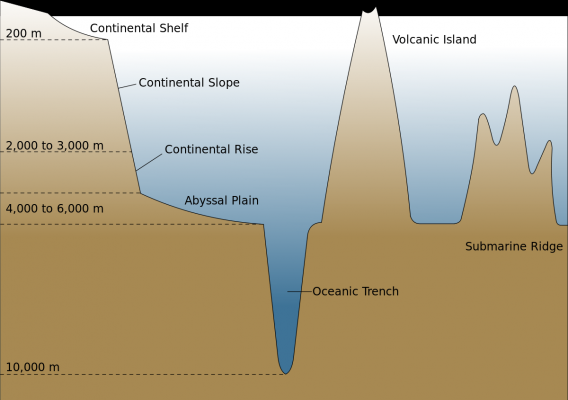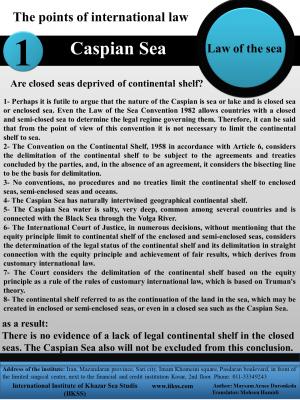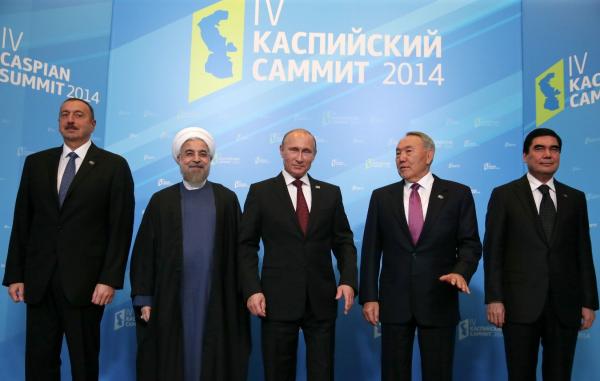Iran’s 50% share of Caspian Sea cannot be legally verified: expert Legal Issues
Iran’s 50% share of Caspian Sea cannot be legally verified: expert
International Institute of Khazar Sea Studies (IIKSS) – The director of the International Institute of Khazar Sea Studies (IIKSS) told Mehr News Agency that Iran’s 50% share of Caspian Sea does not have a legal basis.
In an interview with Mehr News Agency Dr. Maysam Araee Daronkola, the director of the International Institute of Khazar Sea Studies (IIKSS) said on Monday that Iran’s 50% share of Caspian Sea cannot be legally verified.
In response to a question whether Iran’s 50% share of Caspian Sea can be verified according to 1921, 1940 agreements between Iran and the former USSR, Dr. Araee Daronkola said “politically speaking one can say that Iran and the Soviet Union's shares of this sea were 50%, and this is in line with our national interests, but if we look at these conventions from a legal perspective one cannot elicit such a thing from them.”
“These conventions explicitly stated that Iran and the Soviet Union had equal rights to the Caspian Sea, and this was only related to the shipping regime not to the sea bed or defining the boundaries and territories. They did not refer to territorial waters, or international waters based on modern international maritime law,” Araee said.
He said that if Iran will benefit more if it refers to international laws as they will provide a solid ground in favor of Iran’s interests.
He also said that the shares of littoral countries were not defined in the convention of the legal status of the Caspian Sea signed on Sunday by the five littoral states in the fifth summit in Kazakhstan's northwestern city of Aktau.
The convention regulates access to sea bed, surface water and also solves other issues such as pipeline construction, fishing, oil extraction and environmental concerns. The document, in particular, bans the presence of any non-littoral states’ armed forces in the water.
In response to a question what the biggest achievements of the Aktau’s summit were, the director of IIKSS said “the fight against terrorism, the fight against organized crime, addressing environmental concerns, banning the presence of any non-littoral states’ armed forces in the water were some of positive points of the yesterday's convention,” while stressing that the negative aspects of the convention should not be neglected.
Dr. Araee, at the end, emphasized that the boundaries need to defined in the future negotiations in order for the Parliament to be able to ratify the convention.
Links to the original pages:
https://en.mehrnews.com/news/136742
https://media.mehrnews.com/d/2018/08/14/0/2863143.pdf

 2018-08-16 09:55:24
2018-08-16 09:55:24
 2018-08-16 09:55:24
2018-08-16 09:55:24







.jpg)













.jpg)









Comments